By the end of 2016, 83 percent of Kaiser Permanente Northern California members eligible for colon cancer screening were up to date.
That’s one of the best colon cancer screening rates in the nation, and the region’s rate of colon cancer has been dropping since 2008. But the work to prevent the deadly disease is not over.
Over the last 2 years, Kaiser Permanente Northern California has led a focused effort to increase the rate of Latino members who complete the noninvasive colon cancer screening known as the fecal immunochemical test or FIT. The targeted work is paying off.
Across Northern California last year, 80 percent of Latino members were up to date on their colon cancer screening, and the gap between the FIT screening rate for white members and Latino members decreased by 16 percent over a one-year period.

Theodore Levin, MD, Kaiser Permanente Northern California clinical lead for colon cancer screening, said the numbers are especially encouraging because there was a 10 percent jump in the number of Latino members who became eligible for colon cancer screening last year. People between the ages of 50 and 75 (or those with other risk factors for colon cancer) are considered eligible for screening.
“We are national leaders in terms of moving toward screening the vast majority of our members, regardless of race or ethnicity,” Dr. Levin said. “That’s important because higher screening rates mean fewer people get colon cancer, and those who do will be diagnosed at an earlier stage when there’s the best chance for effective treatment and survival.”
Being Respectful and Responsive
The region saw a 1 percent increase in the FIT response rate from Latino members after it redesigned the materials sent in the FIT kit. The FIT requires members to take a small stool sample at home and send it in by mail to Kaiser Permanente’s regional lab for analysis. The annual test is an alternative to screening by colonoscopy.
Lourdes Jimenez, MD, assistant physician in chief for Diversity in the Kaiser Permanente Diablo Service Area, consulted on the FIT kit redesign with Kaiser Permanente caregivers and its Northern California Regional Health Education Department. The materials were recreated in Spanish to ensure they were culturally and linguistically appropriate for members who list Spanish as their primary language.
“We also made it more visual, more to the point, with less words and more illustrations,” Dr. Jimenez explained. “This work is about being respectful and responsive to the needs of our members and helping them to do the right thing for their health.”
Many Approaches, One Goal
Across the region, Kaiser Permanente medical centers are using a variety of approaches to increase the number of Latino members who are being screened, and they are sharing their experiences on a monthly regional webinar.
In the Kaiser Permanente Central Valley and Diablo areas, Spanish-speaking employees call Latino members who are due for the screening and use motivational interviewing techniques to encourage them to take the test.
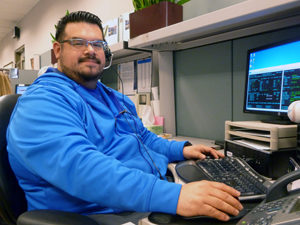
At 13 Kaiser Permanente Northern California medical centers, Latino members who are due for the screening are asked to watch a short video about the FIT in the exam room when they come in for a general appointment.
And medical assistants and other front-line staff across the region have been trained to reach out to all members who come in for other services but are due for screening — encouraging them to do the FIT and mail it in.
Helping Members Improve Their Health
In Kaiser Permanente’s Central Valley area, where the Latino screening rate for colon cancer is 83 percent (2nd only to Kaiser Permanente Redwood City, where it is 85 percent), Merle Sogge, MD, Kaiser Permanente Central Valley colon cancer screening champion, said “it takes a village” to do this work well.
“From the doctors and medical assistants reminding patients at their office visits, to our Spanish-speaking call center reaching members at home, to our leaders providing encouragement and resources — everyone contributed to this success.”
In 2017, Dr. Levin said the region will continue to work to improve Latino screening rates and will increase the focus on reaching out to African-American members, who have the highest mortality rate.
He said he’s impressed by the number of smart, creative people at Kaiser Permanente who are committed to improving performance and making a difference.
“This is another example of how when we focus on improving care together, we can accomplish great things for our members,” he said.

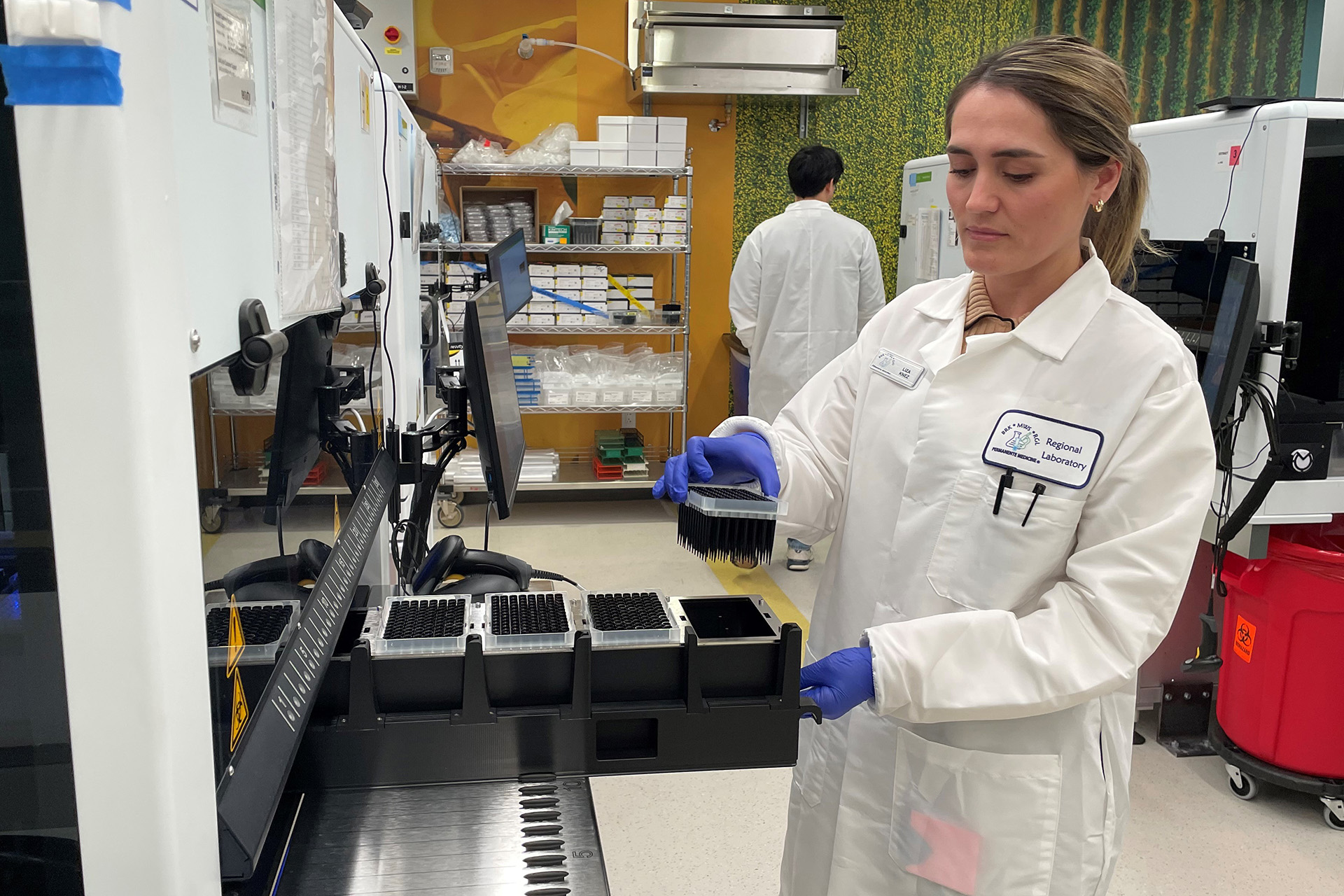
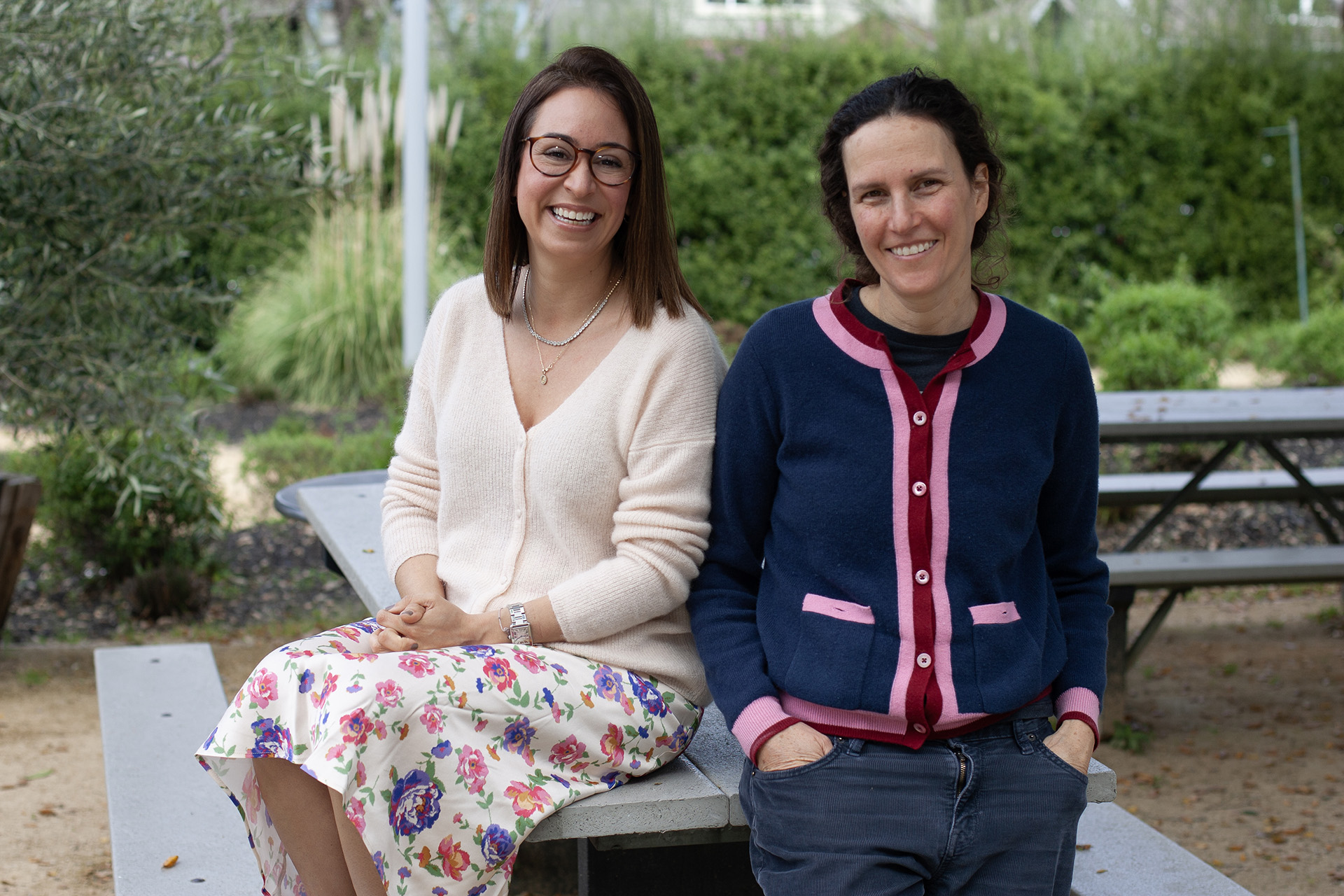
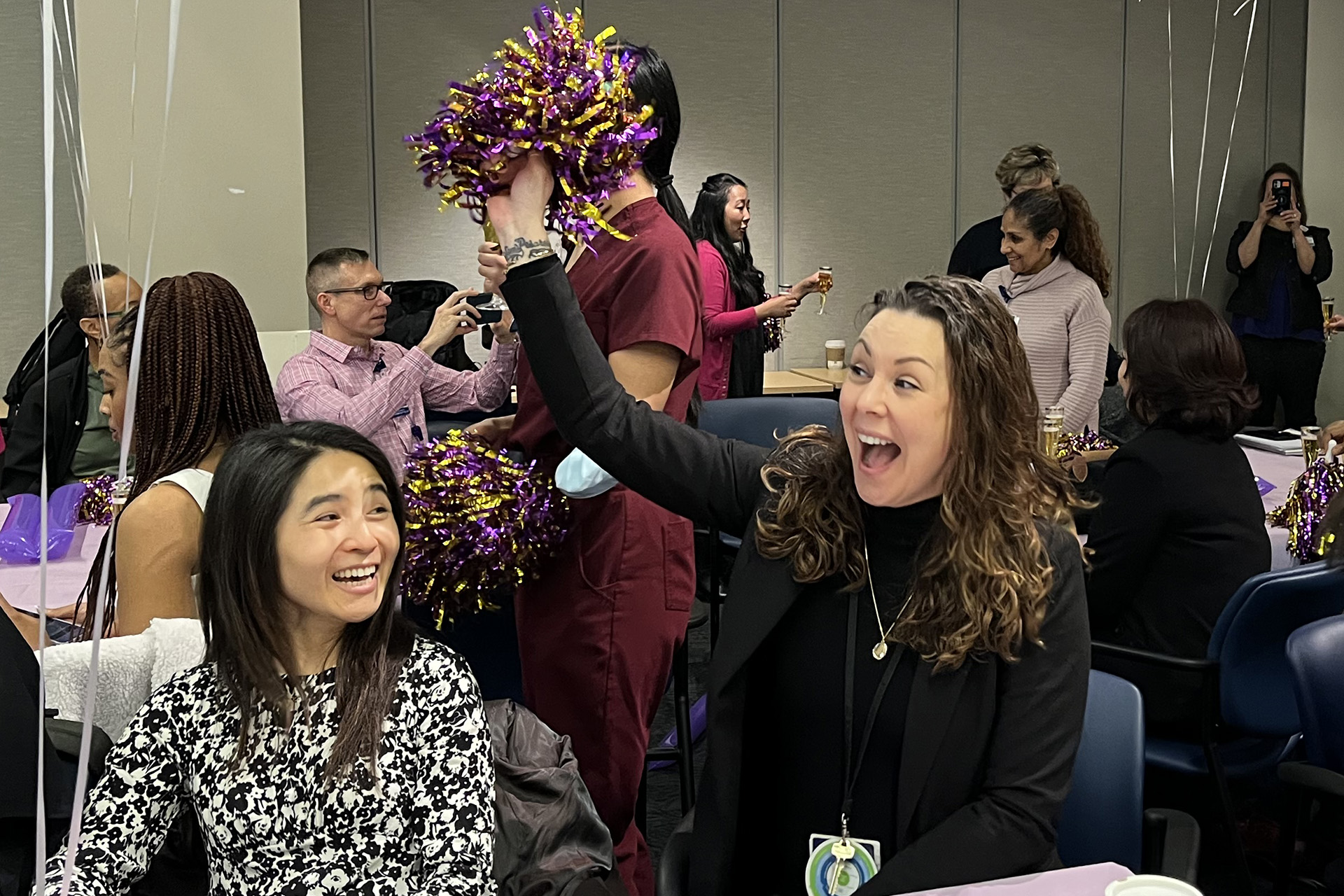
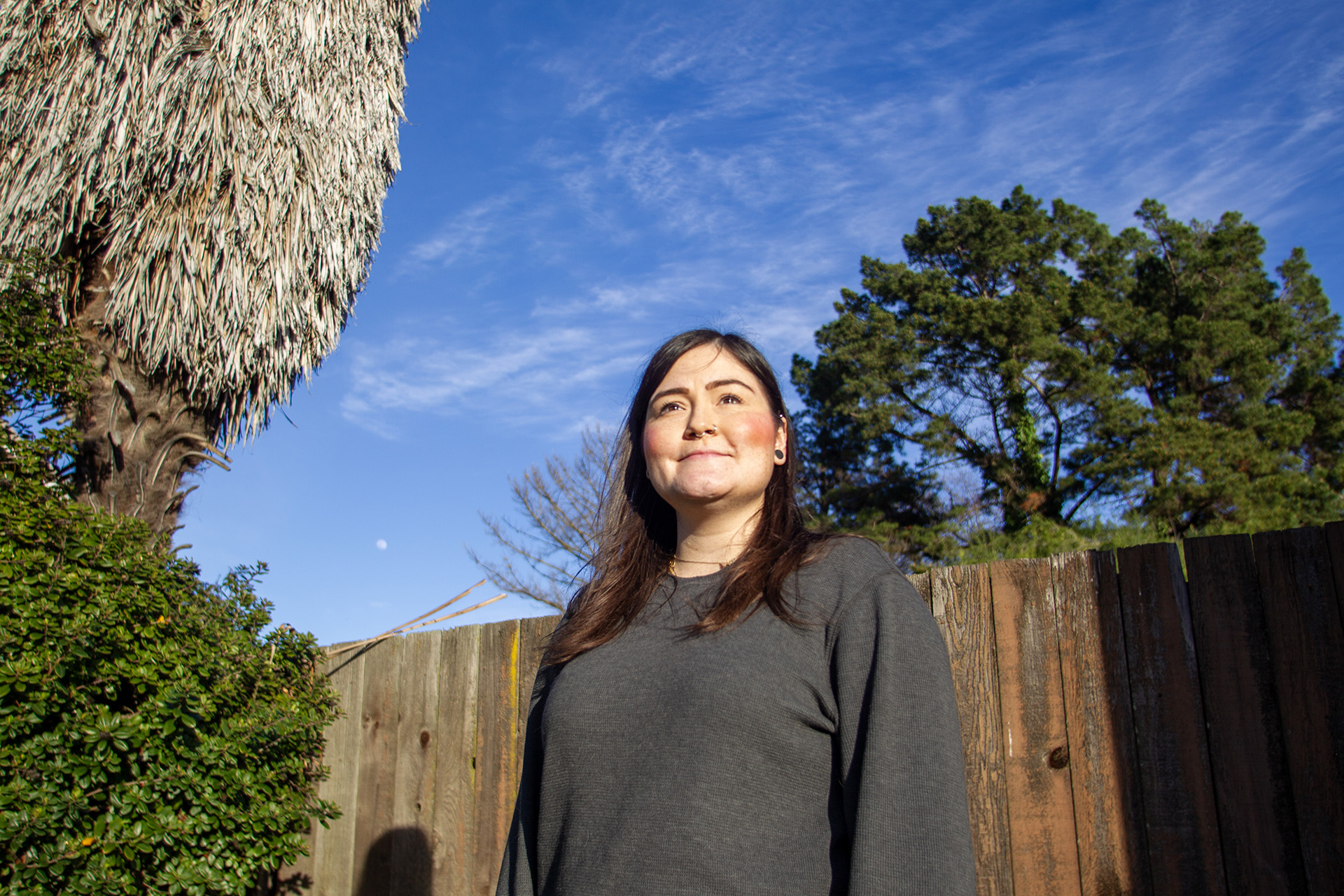
This Post Has 0 Comments